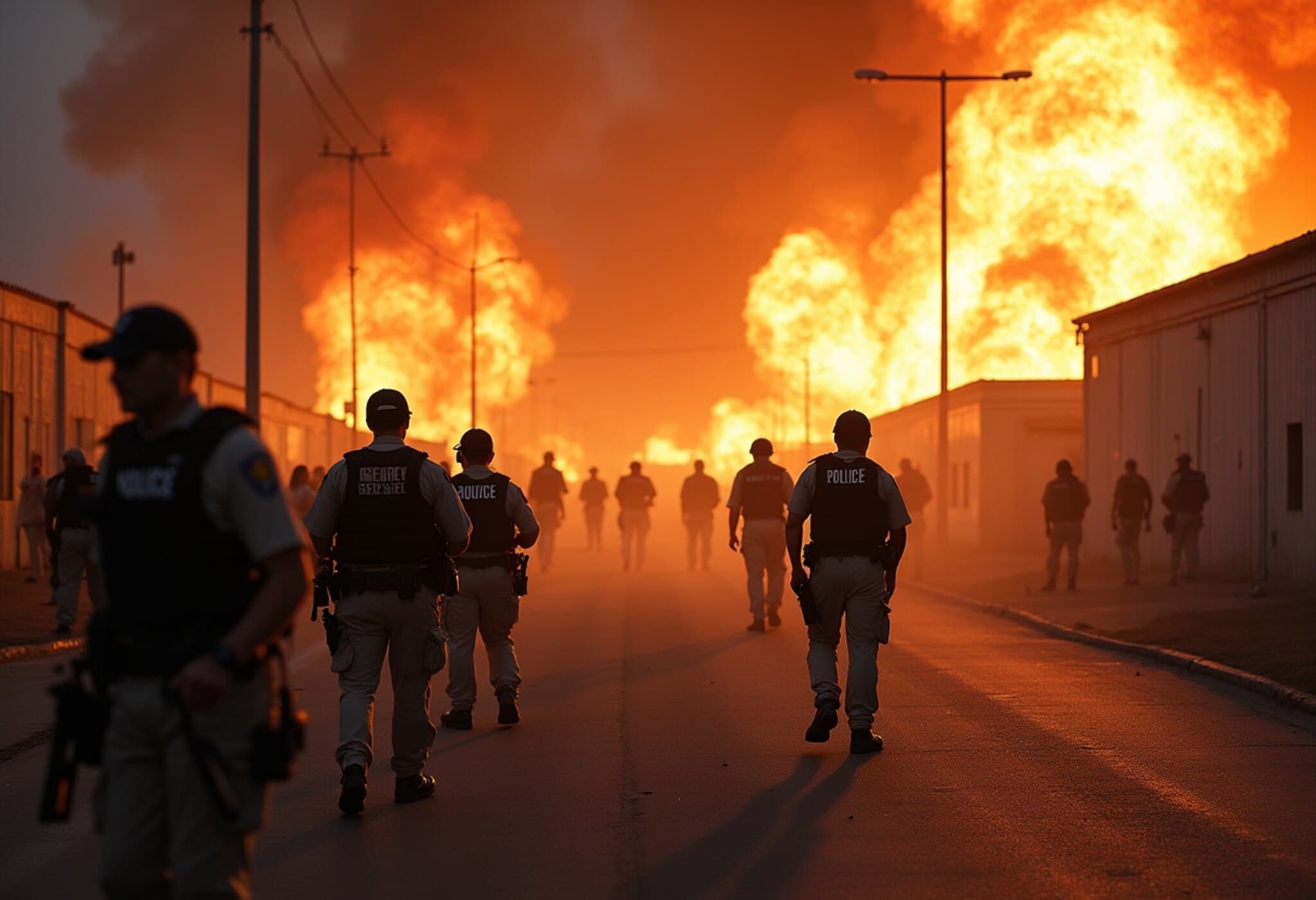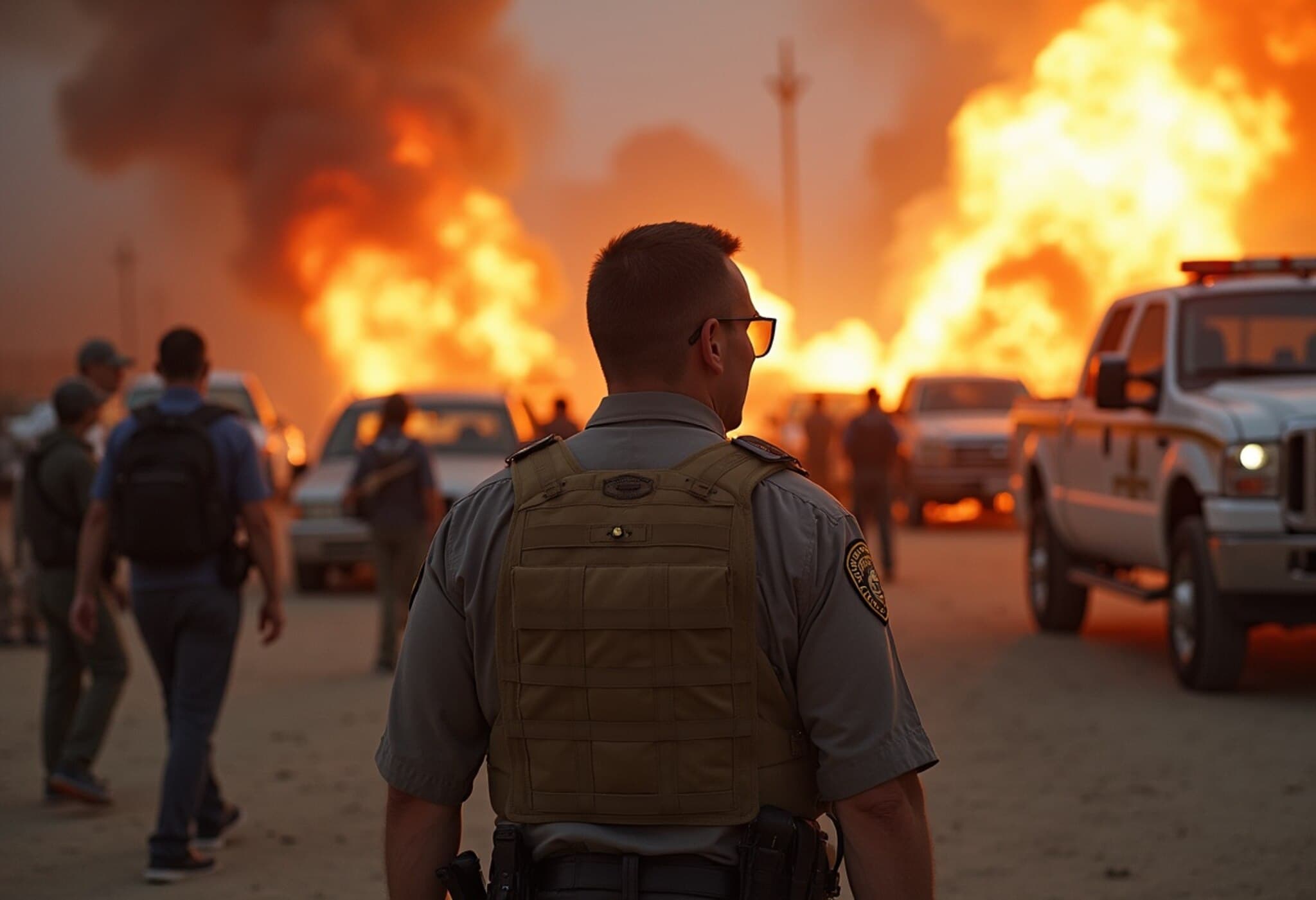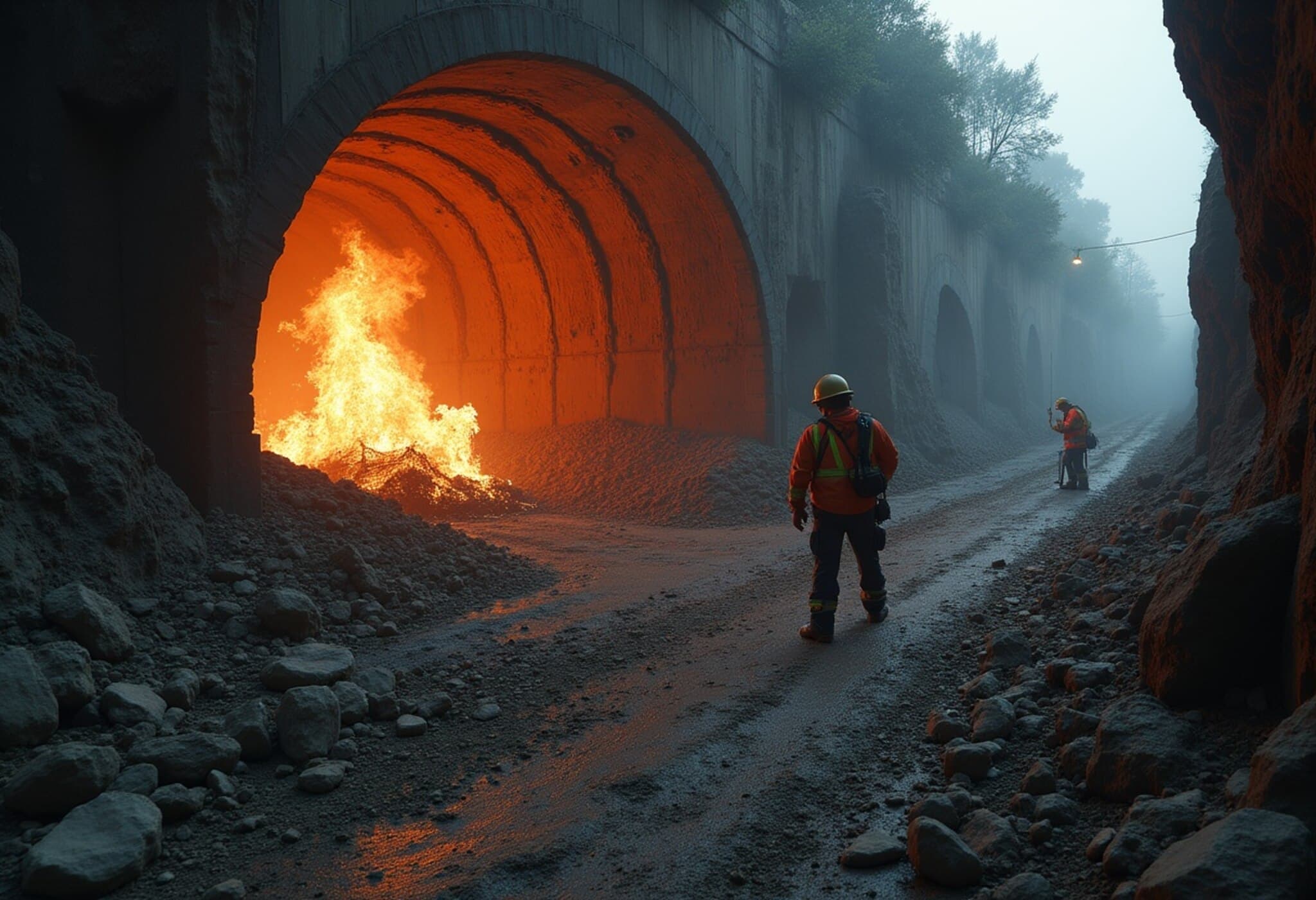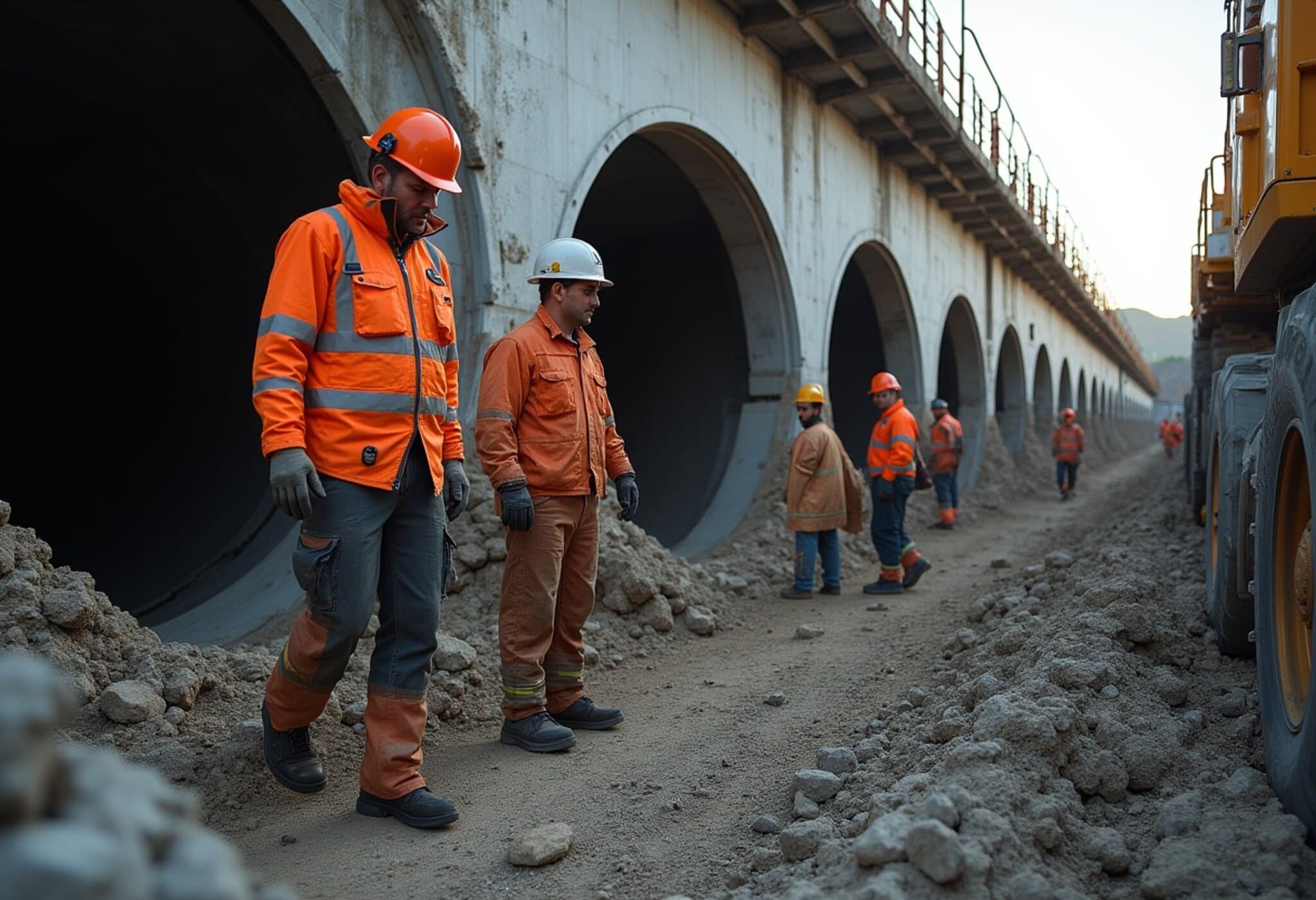Tragic Blast Rocks LA County Sheriff Training Facility
In a sobering start to the day on July 18, 2025, an explosion at the Los Angeles County Sheriff’s Department Biscailuz Centre Academy in East Los Angeles claimed the lives of at least three sheriff’s deputies. The devastating incident has sent shockwaves through the law enforcement community and the wider public, underscoring the inherent dangers faced even in training environments.
Initial Reports and Official Statements
US Attorney General Pamela Bondi confirmed the fatalities in a heartfelt message on X (formerly Twitter), stating, “I just spoke to US Attorney Bill Essayli about what appears to be a horrific incident that killed at least three at a law enforcement training facility in Los Angeles. Our federal agents are at the scene and we are working to learn more. Please pray for the families of the sheriff’s deputies killed.”
Meanwhile, the Los Angeles County Sheriff’s Department has cautiously refrained from confirming any deaths pending the ongoing investigation. A spokesperson acknowledged the explosion at the facility but stated the cause remains unclear, emphasizing the department’s commitment to transparency and thorough inquiry.
Context and Possible Causes
According to reports from the Los Angeles Times and other U.S. media outlets, the blast apparently occurred while the sheriff’s bomb squad was relocating explosives—a routine but inherently risky task. This context highlights the spectrum of risks law enforcement personnel encounter even during training and preparation activities.
Emergency response teams, including the Los Angeles County Fire Department, were on the scene within minutes of the 7:30 a.m. call. Governor Gavin Newsom was promptly briefed and expressed his condolences while emphasizing that the incident’s specifics remain under investigation.
Human Cost and Regional Impact
The loss of three deputies not only devastates their families but also affects the community’s sense of security and the morale within law enforcement ranks. Training facilities like Biscailuz Centre Academy play a crucial role in preparing officers for the challenges of their duty—events like this tragically remind us of the real dangers involved.
The location of the explosion, reportedly in a parking area filled with sheriff patrol cars and box trucks, raises questions about safety protocols and handling of explosives in non-operational settings. It is a critical moment for reviewing operational standards to prevent future tragedies.
What’s Next: Investigation and Reflection
- Investigation underway: Multiple agencies, including federal agents, are collaborating to determine the precise cause of the explosion.
- Community mourning: Vigils and support efforts are expected in the coming days to honor the deceased deputies and support their loved ones.
- Policy reviews: This incident may prompt reassessment of safety protocols surrounding explosive materials handling during training exercises nationwide.
Expert Perspective
From a law enforcement and policy analysis perspective, this tragedy exemplifies the need for constant vigilance and improvement in safety measures related to training with hazardous materials. Given the increasing complexity of threats faced by police forces, balancing practical training with risk mitigation is crucial.
Moreover, it invites broader discourse on mental health and community support for first responders coping with the fallout of such traumatic events—a topic often overlooked but vital.
Editor’s Note
The deadly explosion at the LA County Sheriff training facility is a stark reminder of the risks public safety officers bear even before engaging directly with the public. As the investigation unfolds, key questions arise:
- How can training environments be better secured to minimize accidental detonations?
- What support systems are in place for the families and colleagues of fallen officers?
- Could this tragedy influence revisions to national protocols for explosive handling in law enforcement training nationally?
These reflections are essential not only to honor those lost but to fortify the future safety of all who serve.



















